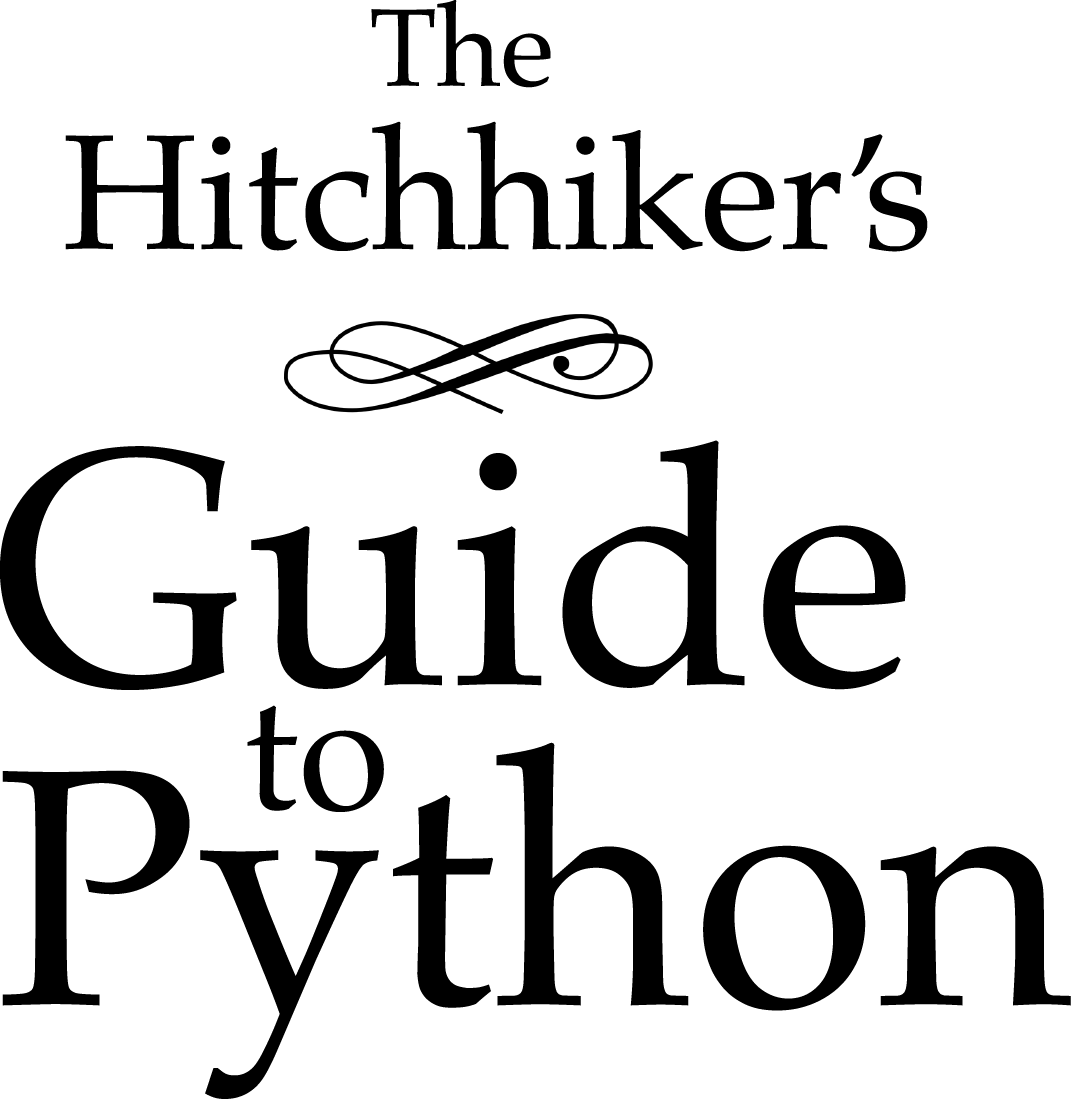

- #Brew install python 3.5 mac how to#
- #Brew install python 3.5 mac update#
- #Brew install python 3.5 mac code#
- #Brew install python 3.5 mac download#
#Brew install python 3.5 mac update#
To update Homebrew, simply do: $ brew update
#Brew install python 3.5 mac how to#
These formula are simply instructions on how to install a given library or package. Now that you have Homebrew installed, you need to update it and grab the latest package (i.e. Definitely head to the Homebrew homepage and use the latest install script provided by the Homebrew community. Note: This blog post was written in January 2015.
#Brew install python 3.5 mac code#
Just head to the Homebrew homepage and copy and paste the following code into your terminal: $ ruby -e "$(curl -fsSL )" Now that we have some basic terminology down, let’s go ahead and install our packages. Installing boost and boost-python on OSX with Homebrew While the package is pip-installable, the package requires boost and boost-python so that it can be compiled and installed. In fact, this is exactly what the Annoy package does. To do this, you would code these critical tasks in C++ using boost - and then interface with the Python programming language with boost-python. However, you want to milk every last little bit of memory and CPU performance out of the library, so you decide to implement performance critical sections in C++. Well let’s say you are implementing an Approximate Nearest Neighbor algorithm (like Spotify’s Annoy) and you want to provide pure, vanilla Python support. We also have boost-python, which provides interoperability between the C++ and Python programming languages. A very large number of C++ applications, especially in the scientific space, rely on the Boost libraries in some way or another. Boost provides implementations for linear algebra, multithreading, basic image processing, and unit testing, just to name a few.Īgain, these libraries are peer-reviewed and very high quality. very high quality) C++ libraries that help programmers and developers not get caught up in reinventing the wheel.

What is boost and boost-python?īoost is a collection of peer-reviewed (i.e. Note: Comparing Homebrew to apt-get is not entirely fair, but if this is the first time you are hearing of Homebrew, this comparison should suffice.

It makes installing and managing packages not installed by the default Apple installation a breeze, in the same manner that Debian apt-get does. Homebrew is “the missing package manager for OSX”. You can now simply install Annoy using pip: pip install annoy without any extra dependencies.Īnd libraries such as dlib provide Python bindings so you can leverage the power of dlib from your Python shell.īoth Annoy and dlib are just two examples of packages that require the use of boost (and boost-python if you want Python bindings).Īnyway, let’s go ahead and get this tutorial started - I’ve definitely wasted enough of my time working with this problem and I don’t want to waste any of yours either! What is Homebrew? Update : Erik Bernhardsson has released an update to Annoy that removes the dependency of Boost and Boost.Python from Annoy. Packages such as Spotify’s Annoy for Approximate Nearest Neighbor search have direct applications in the Content-Based Image Retrieval (CBIR)/image search engine space. And while this post isn’t entirely dedicated to computer vision, it is still very relevant if you are developing computer vision based applications using Python and OpenCV. And if you are on an OSX machine and aren’t using Homebrew, then I suggest you stop reading this post and install it right now.Īnyway, like I said, I hope that this post saves other people some time and hassle. The amount of time I have wasted over the past few months (passively) trying to get boost and boost-python to install on my OSX machine via Homebrew has been nothing short of excruciating.ĭon’t get me wrong, I love Homebrew. I really, really hope that someone finds this resource useful.
#Brew install python 3.5 mac download#
Click here to download the source code to this post


 0 kommentar(er)
0 kommentar(er)
